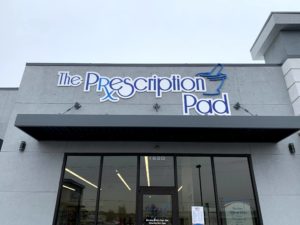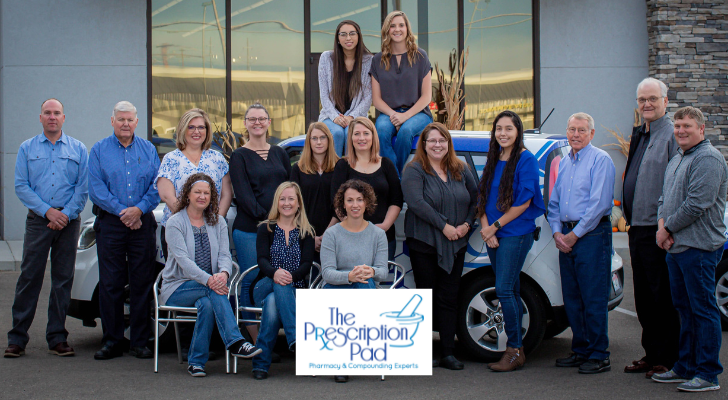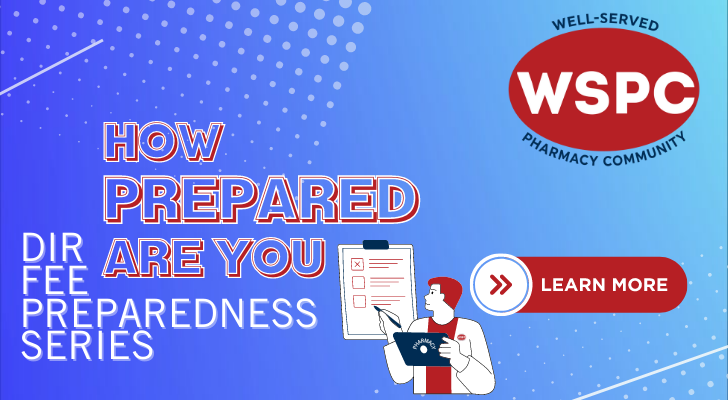It is time to have our say on the number one topic sweeping across our industry: the opioid settlement and injunctive relief. What does this mean for pharmacies? What changes are coming? How can pharmacies position themselves for success moving forward?
In March 2022, Cardinal, McKesson, and AmerisourceBergen agreed to a nationwide settlement of twenty-six billion dollars to resolve most opioid-related lawsuits filed by state and local government entities across the country. What all may not be aware of, is that this settlement money is set to return to state counties and municipalities to organize strategies and implement programs that help decrease opioid abuse.
 To help push this conversation forward, WSPC Peer Advocate, Trenton Jenks, PharmD, reached out to our team to bring a few stats to our attention and share his initial stages in creating momentum to become involved in the allocated settlement within his state and local community.
To help push this conversation forward, WSPC Peer Advocate, Trenton Jenks, PharmD, reached out to our team to bring a few stats to our attention and share his initial stages in creating momentum to become involved in the allocated settlement within his state and local community.
Trenton began building his knowledge of the settlement and opportunities that became available through networking within CPESN. He attended an annual conference and overheard a fellow CPESN member discuss how they were getting involved within their local government to address the topic. After this initial spark of inspiration, Trenton came home and started doing his own research. He began educating himself on state and government web pages to see if Idaho had received any money. To his success, he was able to locate multiple pages on Idaho’s website that discussed the opioid settlement that were most pertinent to his county.
To shine light on a positive outcome that has come from the pandemic, Trenton developed a number of new relationships, including several county contacts after working together to implement vaccine strategies; he knew exactly where to forward his findings and be heard. He prefaced his email in asking if the county had heard about the settlement, seen Idaho’s allocation, or had a plan in place, while volunteering his services as the community’s local independent pharmacy. The county quickly responded sharing that they did not have any knowledge of the opioid settlement, prompting Trenton to start involving the state in the conversation. He went on to draft an email to his district’s Senator, Abby Lee.
Trenton had an additional advantage in reaching out since Senator Lee is a local Fruitland community member and had visited The Prescription Pad on several occasions. Trenton and Senator Lee had an ongoing working relationship, discussing multiple pharmacy related topics in the past.  Trenton formed his email explaining the settlement, the state’s 119 million dollar settlement to come over 18 years, and how independent pharmacy is in the best position to provide services and programs to help with the opioid epidemic being seen at this time. Senator Lee responded to Trenton’s email explaining how she didn’t have many answers in response to aiding opioid abuse, but was aware of Idaho’s initiative, “Operation Esto Perpetua” dedicated to reducing the flow of fentanyl and meth within the state. She agreed to meeting over lunch with Trenton in order to dive deeper into the topic and hear Trenton’s thoughts.
Trenton formed his email explaining the settlement, the state’s 119 million dollar settlement to come over 18 years, and how independent pharmacy is in the best position to provide services and programs to help with the opioid epidemic being seen at this time. Senator Lee responded to Trenton’s email explaining how she didn’t have many answers in response to aiding opioid abuse, but was aware of Idaho’s initiative, “Operation Esto Perpetua” dedicated to reducing the flow of fentanyl and meth within the state. She agreed to meeting over lunch with Trenton in order to dive deeper into the topic and hear Trenton’s thoughts.
The meeting proved to be extremely informational for Senator Lee being brought up to speed with how the settlement would apply directly to the state of Idaho. Trenton shared, “Where we are currently, is bridging the gap between independent pharmacy services/resources, and what opportunities the county and state would like to move forward with. There are additional follow-up meetings to continue this discussion until we produce a final plan to present before the Board of Commissioners. We are just beginning the conversation of how independent pharmacy can contribute in all of this. In the end I hope to receive payment for services that we do every day.”
To complement this new involvement in this settlement, Trenton’s pharmacy registered as a drug disposal drop off center for the past five years, received a grant from Idaho State University for drug disposal bags, working with prescribers to assist with morphine equivalency, and participating in intensive patient counseling. The pharmacy is currently working on medical billing and getting credentialed with insurance companies to start billing for not just COVID tests, but also hormone consults, diabetes prevention, and hopefully, practices that are aiding to prevent opioid abuse. Items he hopes to bring to the county in addition to those already implemented, surround providing education materials to high schools and assisting law enforcement with supplying Naloxone.
As we come together as one coalition, Trenton hopes to share his experience thus far, as well as the resources that are available for your pharmacy to join the conversation. He concluded, “If your state has funds they need to allocate for this specific purpose, why not get your pharmacy into the conversation on how they spend that money and partner with them to truly make a difference in the issue we are seeing on the frontlines, who else is in a better position to help out than us”?
Read more about the settlement here.
Access your local state pharmacy info from your WSPC website advocacy page here.
Not a member of WSPC and want to learn more about how to be included in the valuable insights shared in this featured article? Contact us today at any of the following options most convenient for you:
Phone: (844) 977-2498




